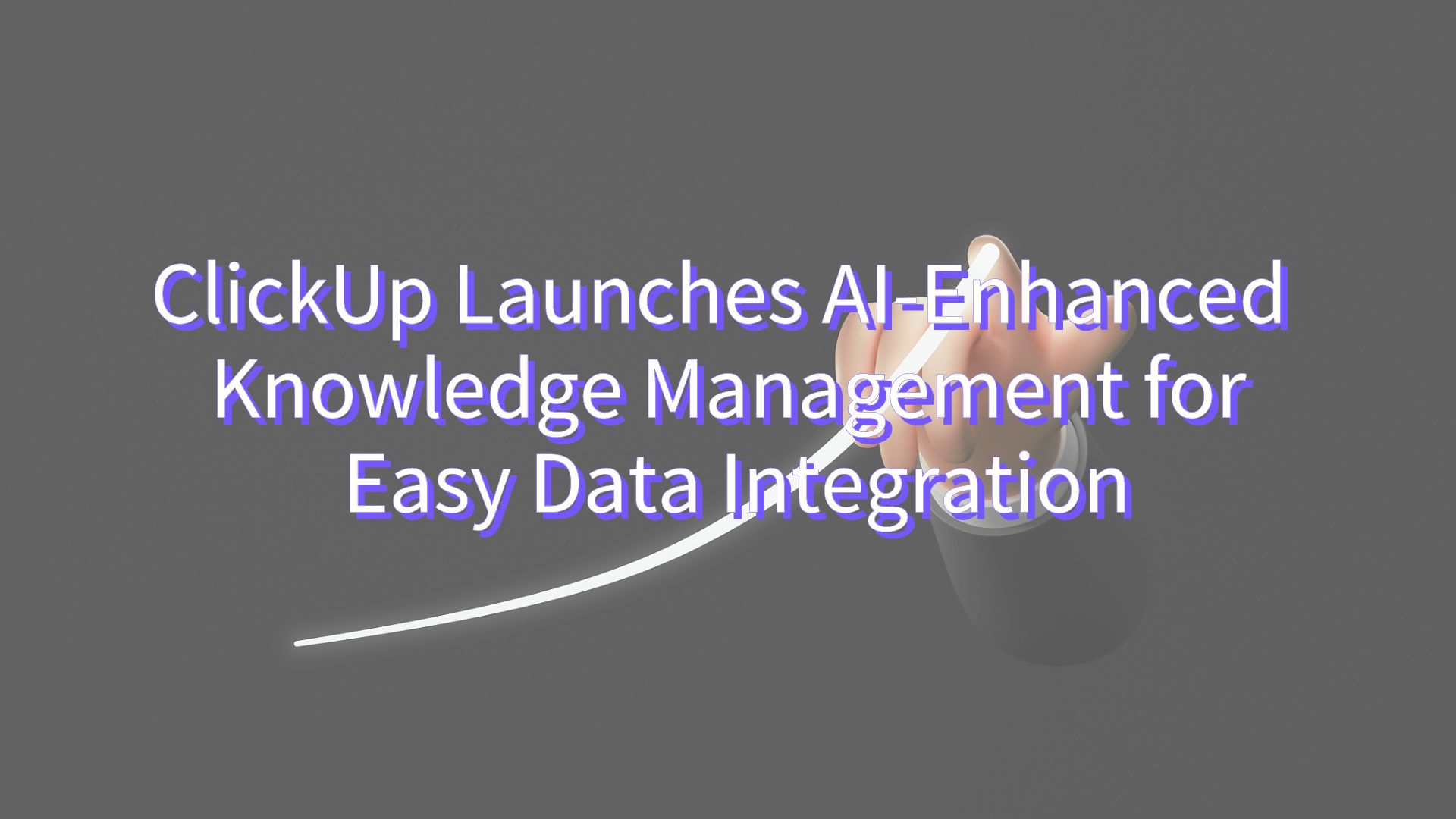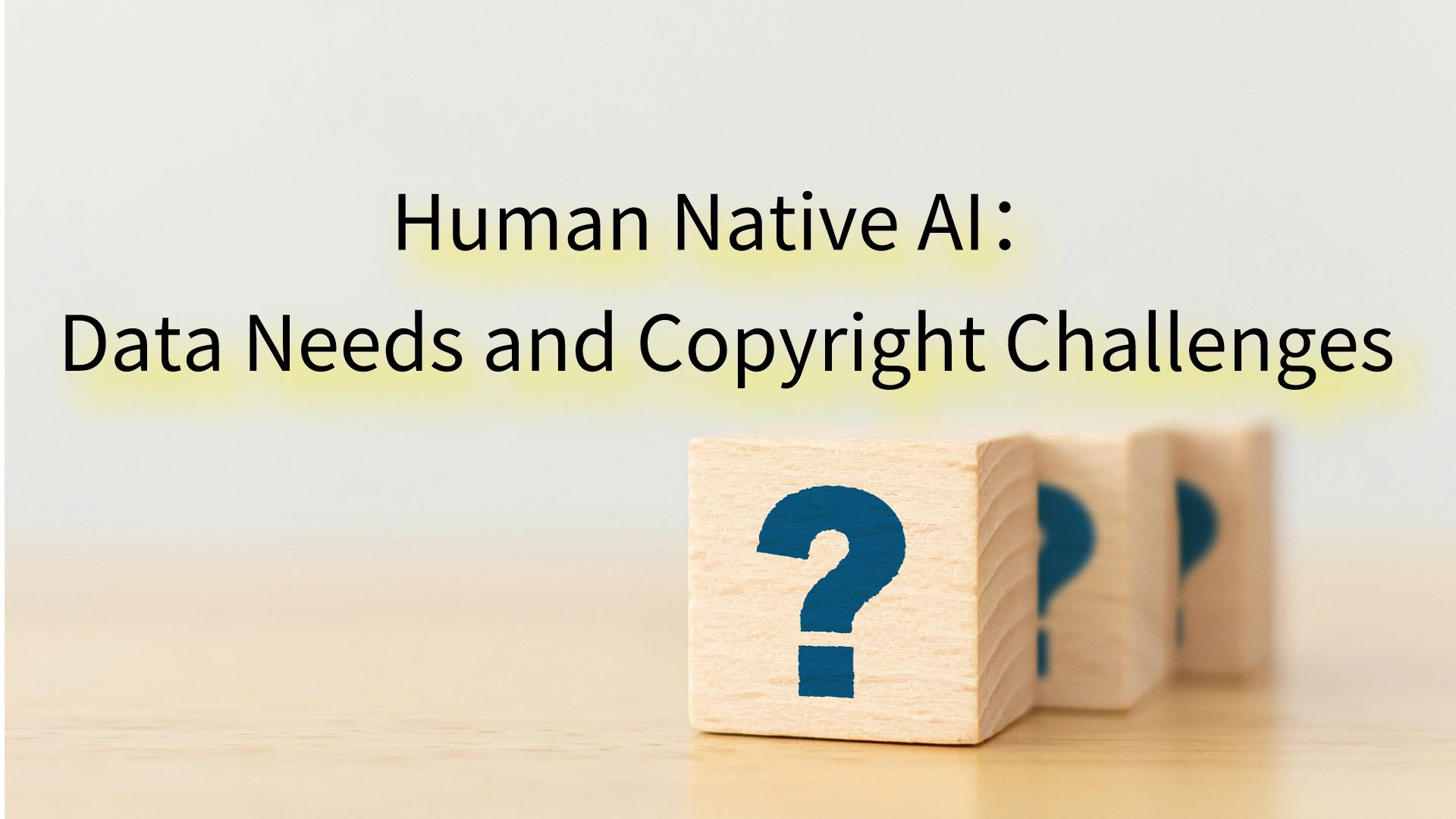Navigating the Rise of AI: Impact, Limits, and Ethical Implications
Background
Over the past few years, AI has emerged as a hot topic in the tech industry, attracting widespread attention and investment from governments, businesses, and academia. With improvements in computing power and algorithms, AI has made significant progress in areas such as natural language processing, machine learning, and computer vision, leading to revolutionary changes across various industries including healthcare, finance, transportation, and media. However, along with its proliferation and application, ethical and societal issues have come to the forefront, including concerns about data privacy, algorithmic biases, and AI risk management.
News Summary
AI, or artificial intelligence, mimics human thinking through software, aiding in various tasks. It's often synonymous with machine learning, encompassing large statistical models predicting patterns. Large language models, like ChatGPT, function similarly to an octopus deciphering language patterns. While AI excels in tasks like generating written content and coding, issues like hallucinations and bias arise. Training data, often vast and obtained without consent, shapes AI behavior. AI also generates images based on language descriptions, but concerns about AGI, or artificial general intelligence, persist. AGI remains a theoretical concept, prompting debates about its potential societal impact amidst ongoing AI innovation.
Personal Insights
AI as Pattern Recognition
The analogy of AI models to a hyper-intelligent deep-sea octopus is intriguing. It effectively illustrates how AI systems, particularly large language models (LLMs) like ChatGPT, rely on statistical patterns rather than true understanding. This highlights the distinction between AI's pattern recognition abilities and human intelligence.
Capabilities of AI
The article acknowledges the impressive capabilities of AI, such as generating text, coding assistance, data analysis, and even creating images. It emphasizes AI's usefulness in handling large volumes of data and performing repetitive tasks efficiently.
Limitations and Risks
One significant drawback discussed is AI's tendency to produce hallucinations when faced with unfamiliar inputs, highlighting the importance of human oversight. Moreover, biases in training data pose a serious concern, as AI systems may perpetuate or amplify existing societal biases and misinformation.
Ethical Concerns
The article raises ethical issues surrounding the use of AI, particularly regarding the sourcing of training data without consent and the potential consequences of AI-generated content, such as misinformation or unauthorized use of individuals' creative works.
AGI and Existential Threats
The discussion on artificial general intelligence (AGI) and its hypothetical risks provides a thought-provoking perspective. While AGI remains a distant concept, the debate surrounding its potential impact on society underscores the need for careful consideration of AI development and regulation.

Related Articles
Meta Halts AI Training in EU and UK: Balancing Innovation with Privacy
Explore Meta's pause on AI training using EU and UK user data amid GDPR pushback, highlighting the delicate balance between innovation and privacy protection.


ClickUp Unveils AI-Enhanced Knowledge Management for Seamless Data Integration
ClickUp's new AI-powered Knowledge Management feature centralizes your data for seamless, efficient collaboration!


Human Native AI Launches Marketplace to Solve AI Data and Copyright Issues
Human Native AI, a London startup, is shaking up the AI world by creating a marketplace for legal, high-quality training data.

